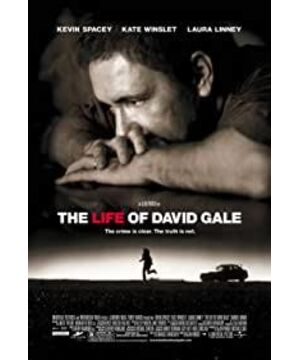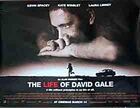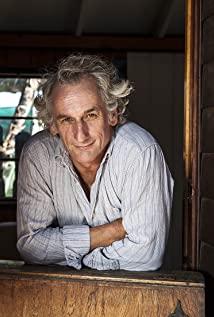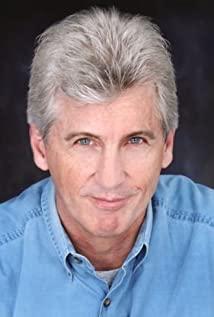The main point of Lacan's philosophy: fantasy must transcend reality, because the moment you get it, you can't and won't want it again. In order to continue to exist, the object of desire must never be attained. What you want is not "it" itself, but the fantasy of "it". So desire and wild fantasy go hand in hand. (This is a foreshadowing of reckless martyrdom. The abolition of the death penalty itself is not important, but paying the price for it is more important.)
This is exactly what Basco(?) calls true happiness from daydreaming about future happiness. How else would we say "hunting is more fun than killing" or "be careful what you wish for"? Not because you'll get it, but because once you get it, you'll never want it again. So the lesson Lacan taught us is that people who do what they want will never be happy. The true meaning of the most human nature is to try to live in your thoughts and ideals. Don't measure your life based on how many desires you achieve, but instead Measured by how many moments of sincerity, compassion, reason, and even self-sacrifice are gained. Because in the end the only measure of how important our lives are depends on how you view the lives of others. (The twist is a bit blunt, but it's about how one's own children see themselves and how others see themselves, martyrs, innocents, etc.)
last meeting before death
Bixi, we have spent our lives trying to stop death, eating, inventing, loving, praying, fighting, killing...but what do we know about death? Because no one can come back. But at a certain point in life, at a certain moment, when your mind transcends desire, infatuation, when your habits triumph over your dreams, when your loss...maybe death is a gift.
View more about The Life of David Gale reviews











